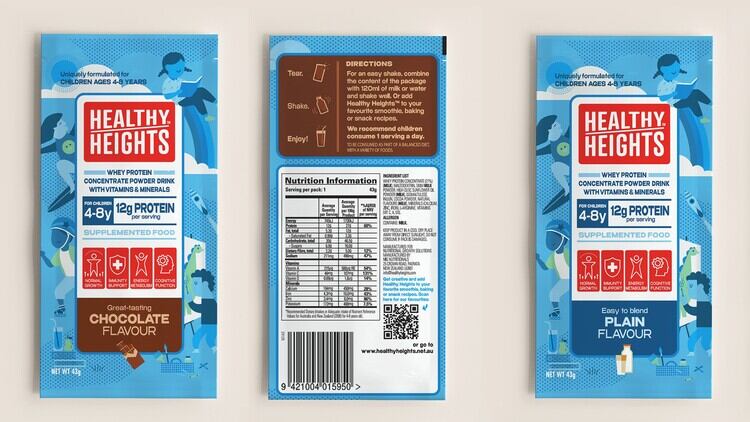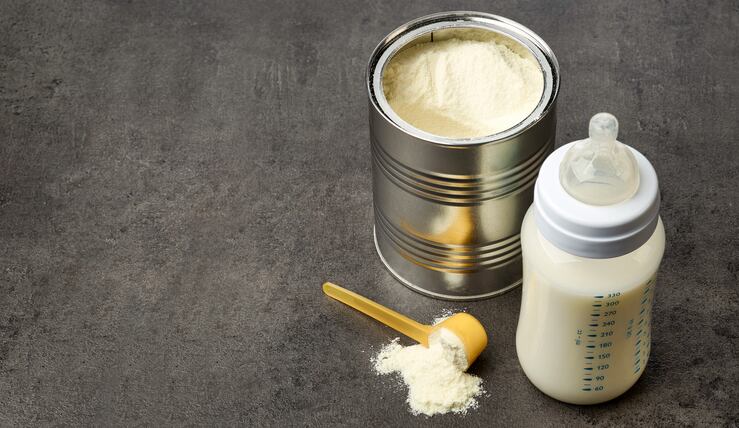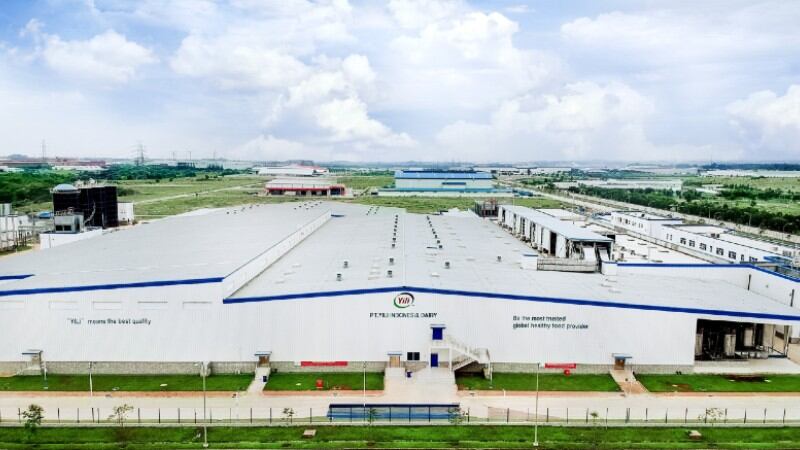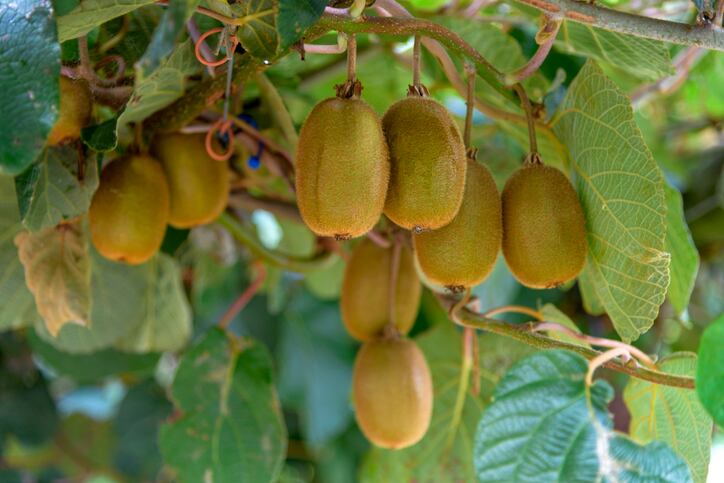In addition to using milk from the New Zealand dairy giant Fonterra, the Israel-based outfit NGS recently signed an agreement with kiwi manufacturing company NIG Nutritionals and hopes the country’s strong reputation for quality will be a major sales driver among Chinese parents.
CEO and Managing Director of NGS Liron Fendell said: “New Zealand is globally renowned for producing quality dairy and is held in the highest regard by parents in China and Asia. This also has a logistical advantage as manufacturers can export and ship to China quickly".
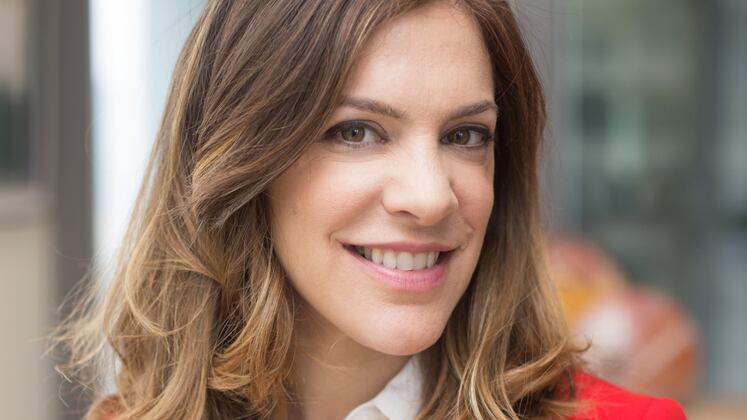
Cash cow to the Red Dragon
First launched in the US in 2018, the dairy-based Healthy Heights range was solely manufactured in Utah.
The range encompasses five products suited to different age segments, ranging from two to 10 years old. They are best for picky eaters and those with short stature, low appetites and facing caloric deficiency due to high activity.
Available in plain, chocolate, vanilla or strawberry flavours, these products come in three packaging – resealable packs with varying weights, bottles and single-serve sachets – and priced between USD$19.90 and USD$29.56.
The Healthy Heights range is made with whey protein, non-fat dry milk, high-oleic sunflower oil, organic cane sugar, cocoa powder (for chocolate formulations), inulin and amino acid arginine.
Fendell emphasised that it is not meant to tackle malnourishment, but supplement the current diets of children.
NGS will be entering the Chinese market starting with their main product, the Grow Daily Kids 3+, in single-serve sachet form for children aged three to nine years old.
“We introduced the single-serve sachets just a few months ago to ensure accurate dosage and convenience. Sachets are more convenient, especially when people are on the go, and they would follow the actual amounts tested in clinical research.
“The recipe has already been patented, so we will not be deviating much from the current formulation,” said Fendell.
Under the agreement, NIG Nutritionals, which has a plant in Auckland, will be manufacturing and packaging Healthy Heights as a New Zealand Supplemented Food.
NIG Nutritionals was chosen because of its strict compliance and due diligence to food safety, said Fendell.
The first production run will see 14,000 units sent over to China and distributed through cross-border e-commerce channels, such as the Alibaba flagship store, JD.com, Lazada, Shopee, TikTok and Little Red Book.
“We are starting with 14,000 units because we want to build our brand in China first.
“The subsequent two production runs will start quarterly, with the second one beginning this July and involving a larger quantity,” she said.
Challenges entering APAC
NGS believes that Chinese consumers are well-educated and keen to study about a particular product, so it will be highlighting its research and clinical studies to position itself in the market.
However, there are generally two issues with the APAC market – the pervasive lactose intolerance of its people and income levels.
For the first issue, Fendell said her medical team is currently working on non-dairy-based products and intends to launch a vegan version soon.
On the issue of income levels and affordability, NGS is targeting middle- to high-income segments of the Chinese market.
It does not foresee any price reduction due to the expensive ingredients used, what more with the climate change, pandemic, cost of milk and other materials.
“It is important to make our products available to as many children as possible, but it’s difficult to lower the price.
“Our products want to add protein, vitamins and minerals to optimise and supplement the existing nutrition,” she added.
Plans to crack APAC
In 2021, the US market accounted for 90% of the USD$3m total revenue for NGS, which employs 15 individuals.
Based on that, NGS hopes the China market will also grow to that size this year.
Its next target markets are Australia and South Korea, and then potentially South East Asia.
“2022 is all about China and seeing its success first. China is a huge challenge and has huge potential.
“In one year, I’d love to build the brand first, have people get to know the product, build good distribution channels and improve our positioning,” concluded Fendell.

